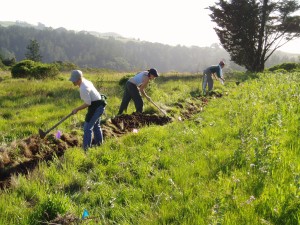
Organic farming is a method of growing food and crops that prioritizes soil health, water conservation, and biodiversity. It involves methods like crop cover, mulching, and composting.
Permaculture is a design methodology that uses the principles of natural systems to create regenerative and sustainable habitats on farms, in cities, and even in our backyard gardens. These systems are often self-regulating and largely self-maintaining.
What is permaculture?
Permaculture is a design system that emphasizes harmonious interrelationships between people, plants and the natural environment. It stresses a focus on sustainable small-scale systems, which are labor-efficient and use biological resources instead of fossil fuels.
While organic farming focuses on avoiding chemicals and pesticides, permaculture works with the natural cycles of food production. It aims to reduce the amount of fertilizer used, improve soil health and increase the variety of crops produced.
It also focuses on closing energy and material loops to reduce the impact of waste. This helps to eliminate the need for excess nitrogen and weeds seeds to be released into the soil, which can be harmful to human health and the environment.
Permaculture can be applied to any area of land, whether it is a backyard garden or a large farm. It can also be applied to community gardens, urban farming and even back-to-the-land intentional communities. Regardless of where it is applied, permaculture is a holistic approach that can help to create resilient and self-sufficient communities for the long term.
How can permaculture principles be applied to my backyard garden?
Permaculture consists of a set of principles that guide how you manage your land and garden. Those principles include organic gardening, preserving water, using compost to build nutrient-rich soil and minimizing waste.
The best way to apply these permaculture principles to your backyard garden is to create a system that emulates natural ecosystems. Start with a few key ideas, then adapt and expand to suit your needs.
One example is the Edge Effect Principle, which encourages you to design garden beds that are near or along edges of other spaces in your yard. This will ensure that your garden benefits from all the natural transitions and cycles of your property, making it more productive and resilient.
Another principle is Redundancy, which suggests that growing more than one crop can make your garden more robust and able to survive difficult weather conditions or pest infestations. In addition, growing a variety of plants with different nutritional profiles can help you grow nutritious food while also providing diversity in your garden and attracting beneficial insects and wildlife to your yard.
How can permaculture contribute to sustainable and regenerative food production?
Permaculture offers a range of techniques and methods of sustainable farming that can be adapted to different site conditions. These include reduced tilling, cover crops, crop rotation, composting and water management.
Another key aspect of permaculture is the integration of animals into the system to recycle nutrients and graze weeds. This is not only useful for creating an abundance of food, but also regenerating soil and keeping land healthy in the long run.
A popular method of manure management in permaculture is the use of methane biodigesters. These structures create anaerobic conditions for bacteria to decompose waste and prevent the release of methane into the atmosphere.
The goal of permaculture is to create self-maintaining and regulating systems that can be maintained using a minimum of resources. This requires the reduction of waste, the recycling of apparent “wastes,” and the elimination of harmful chemicals.
What are the main principles of permaculture?
Permaculture is based on a set of philosophies that are aimed at creating sustainable and regenerative environments. It can be used by gardeners, farmers, homesteaders and landowners who are trying to live more self-sufficiently or are looking for an alternative way to run a business.
It has its own unique set of design principles, all centered around a philosophy of low carbon, eco-friendly, even abundant living and ethics that emphasize fair share. This includes care of the people, re-using resources rather than buying new ones and avoiding waste by redirecting surplus time, labor, money, energy, food and information to develop useful flows.
This can be applied in a variety of ways, from designing your backyard garden to planting a full-scale permaculture farm. Regardless of your goals, the basic permaculture principles will help you maximize productivity and reduce the amount of work required to keep your property healthy.
Frequently Asked Questions
What is inorganic food?
Organic food is made without pesticides or artificial fertilizers. These chemicals may be harmful to your health and can also be found in non-organic foods.
Organic food can be grown without chemical fertilizers, pesticides herbicides, fungicides, and other harmful substances. These chemicals may cause damage to animals as well as humans.
Inorganic food includes meat, fish, eggs, milk, cheese, butter, yogurt, honey, grains, vegetables, fruits, spices, and herbs.
Organic refers to how an agricultural product was grown. For example, organic farming uses natural methods and soil amendments to grow crops, while conventional farming uses synthetic fertilizers and pesticides.
U.S. Department of Agriculture (USDA), must ensure that organic food meets strict standards. According to the National Organic Program Standards all organic food must be free of banned materials such as antibiotics growth hormones genetically modified organisms GMOs, and industrial solvents. Organic food must not be produced with toxic chemicals, petroleum or sewage sludges or ionizing radioactive substances.
Are organic foods better?
According to the Environmental Working Group's latest report on pesticide residues in foods, organic fruits and vegetables had nearly half the level of pesticides compared with non-organic versions. The Environmental Working Group found that organic apples contained eight-times less pesticides than other non-organic fruits, and organic strawberries had fourfold more than their conventional counterparts.
Another study suggests that organic food can reduce exposure to toxic metals such as lead and mercury. A study concluded that children who ate organic meat had 33% lower levels of blood lead than those who didn’t. Another study concluded that pregnant women should avoid consuming conventional fish due to high levels of mercury.
Organic food appears to be more safe than non-organic. Experts recommend eating fresh fruits and veggies whenever possible to reduce the chance of developing cancer.
Does organic mean that it is not sprayed with pesticides?
Organic food does not contain pesticides or chemicals and is therefore chemical-free. This means there is little or no exposure to chemicals such as fertilizers and herbicides.
Organic produce also contains more nutrients than conventionally produced foods because it contains no harmful additives.
The USDA National Organic Program requires that organic farming practices be followed by farmers.
These guidelines include soil preparation, crop rotation, pest control, water conservation, and harvesting practices.
In addition, organic farming methods promote healthy ecosystems, which benefit wildlife and natural habitats.
How do I find out if my produce's organic?
These three labels are essential if you want to be certain that you are purchasing organic produce.
USDA Organic Certified- This product has been certified organic by the USDA.
Certified Naturally Grown – Produce that meets strict organic standards but has not received USDA certification.
Pastured/Free-range - Made from animals that graze on grass and herbs outdoors.
These labels indicate that the product meets certain criteria.
- No pesticides nor synthetic fertilizers
- No genetically altered organisms
- The animal is never given antibiotics
- No hormones are ever given to the animal
- There are no growth-promoting drugs
- No feed additives
- No artificial ingredients
- No irradiation
- There's no sewage waste sludge
- GMOs banned
- There have never been any antibiotics given.
- No hormones ever given
- There are no growth-promoting drugs
- No feed-additives
- No artificial ingredients
- No sewage sludge, if it's not a GMO
- No irradiation
I hope this article was helpful!
What are the benefits of organic fruits?
Organic food is free from pesticides, synthetic fertilizers and hormones. They are also richer in nutrients like vitamins C, E, K, and omega-3 fat acids. These healthy ingredients make organic food better for our bodies and the planet.
Organic foods are grown with sustainable agricultural practices that help to preserve soil quality, and increase biological diversity. They are made without the use of harmful chemicals, irradiation or sewage waste.
While most consumers associate organics with produce, many organic products include dairy, meat, poultry, eggs, baked goods, personal care items, pet food, and household cleaning supplies.
The USDA defines organic as crops grown in accordance with strict federal regulations. Farmers cannot use conventional (non-organic) methods to grow these foods. However, they can use approved natural methods to control pests, like crop rotation and cover crops, or animal feed made of organic materials.
In addition, the farmer must follow guidelines regarding how much fertilizer and pesticide he uses during the growing season and rotate his fields between various crops. Farmers cannot use genetically modified organisms (GMOs), artificial growth hormones, synthetic insecticides, or synthetic fertilizers.
Fruits and vegetables labelled "100% organic" meet all the requirements above. However, some farms won't claim that their products are 100% organic. This would confuse the consumers. Instead, they will label the product as "made from organic ingredients". "
What are organic beauty products?
Organic Beauty Products contain natural ingredients without artificial chemicals, such as parabens and phenoxyethanol. These ingredients can be found in many conventional beauty products such as cosmetics, shampoos and perfumes.
Organic beauty products are not tested on animals and contain no genetically modified organisms.
The USDA defines organic as "a system that fosters the cycling of resources." It has been used for many decades to describe food products grown without pesticides.
Due to the adverse effects of chemicals on our bodies, there has been a growing demand for eco-friendly cosmetics in recent years.
These include skin irritations, cancer, hormonal imbalance, premature aging, and allergies.
Organic beauty companies work to create safe and healthy products for their customers while also protecting the environment.
Statistics
- Cosmetic brands such as Laurel and Rose Mira are 100 percent organic and have a wide array of skincare products. (en.wikipedia.org)
- Once certified by the USDA, it can fall into one of four categories: "100 percent organic", "organic," "made with organic ingredients," or "made with less than 70 percent organic ingredients. (en.wikipedia.org)
- Popular clothing brands, like Patagonia, are labelled as organic by using 100 percent organic cotton for many of their styles. (en.wikipedia.org)
- According to a study performed by consumerreports.org, organic products, compared to non-organic products, ranged anywhere from 13 percent cheaper to 303 percent more expensive. (en.wikipedia.org)
External Links
usda.gov
ncbi.nlm.nih.gov
- Evaluation of the micronutrient composition of plant foods produced by organic and conventional agricultural methods - PubMed
- Comparison of the total ascorbic and phenolic acid contents of air-dried and freeze-dried marionberry, strawberry and corn grown using conventional, organic and sustainable agricultural practices – PubMed
ewg.org
- EWG's 2022 Buyer's Guide to Pesticides In Produce
- Clean Fifteen Conventional Produce (tm); With the Least Pesticides
ota.com
How To
Is there anything negative about buying organic products?
Organic food has numerous benefits. However, there are also some drawbacks. These include higher prices for consumers, lower quality standards, and fewer options.
It's okay to want more variety in grocery shopping. We're conditioned to expect low-quality foods that taste bad. This is why grocery stores are stocked with the same prepackaged products.
But today, organic food is becoming increasingly popular because it offers better nutrition and tastes great. How can you convince people it is worth spending a little more?
But you could still tell them that organic foods are more expensive. It doesn't change the fact that organic food tastes more delicious. They might be suspicious of your motives.
Instead, it would be best if you highlighted its advantages. Organic food is more nutritious and has fewer pesticides or antibiotics. It's also grown without synthetic fertilizers, herbicides, so it's better for the environment and us.
Organic food is often avoided because it's too costly. But if they think about the health benefits, it may be worth spending a few bucks per week.
The reason why organic food tastes better is that it's produced under strict guidelines that prevent contamination. Organic food retains more vitamins, minerals and antioxidants.
Organic food is also tastier because it's picked later in the season. This makes the food more fresh and easier to digest.
Organic food is often cheaper as it's grown organically which requires less labor and fertilizer.
Resources:
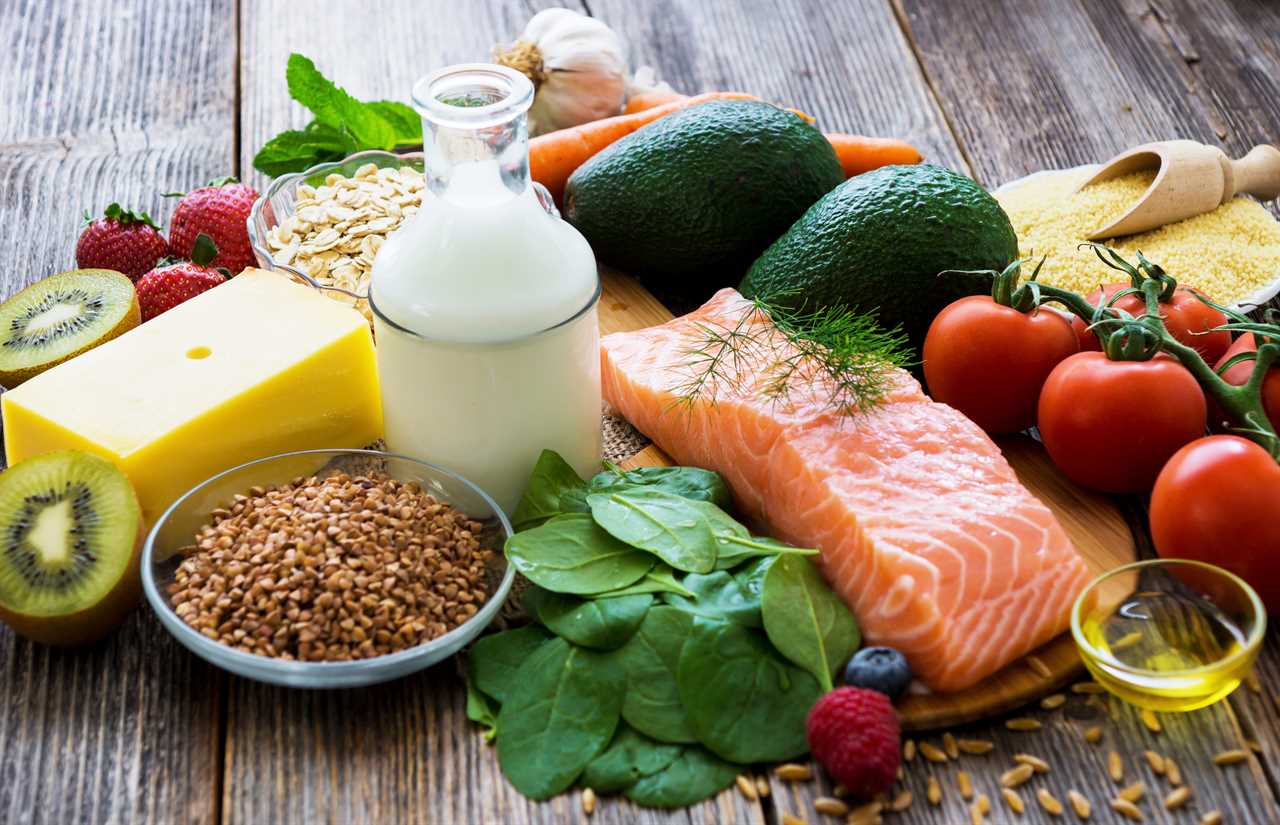 |
GALLONS OF PINE SOL + 10 CANS OF COMETGenuinely embracing global flavours, BelovedSaffron.com invites food lovers and passionate chefs to explore a world of spices and herbs, organic food, |
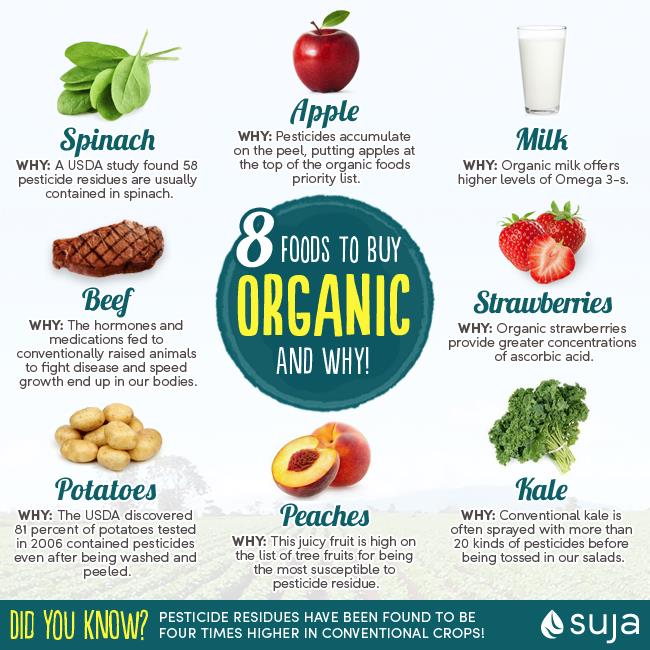 |
The 15 Best States for Homesteading in 2023We understand that food has the power to connect us all, transcending cultures and distances. At Belovedsaffron.com, we are passionate about spices,.. |
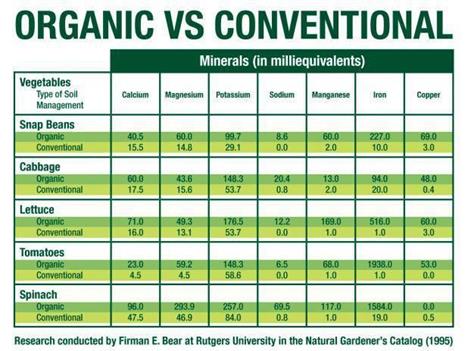 |
The Ugandan Agricultural Revolution led by Dr. Emma NaluyimaWelcome to Belovedsaffron.com, where we embrace everything related to spices, herbs, nutritious food, and organic eating! We are not professional.. |
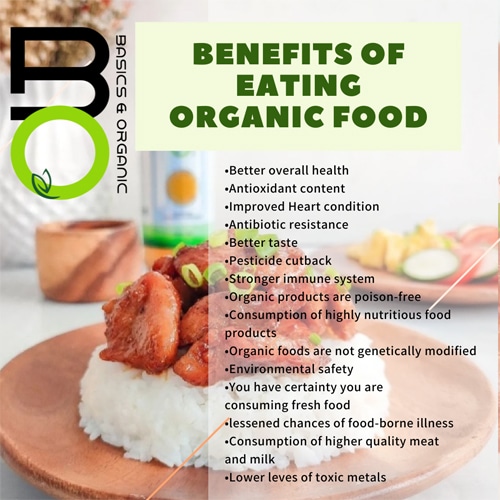 |
Innovating our way into the future. A Summit for Entrepreneurs and Intrapreneurs.Discover the wonders of global cuisine at Belovedsaffron.com! Our mission is to bring you spices, herbs and organic food from all over the world,.. |
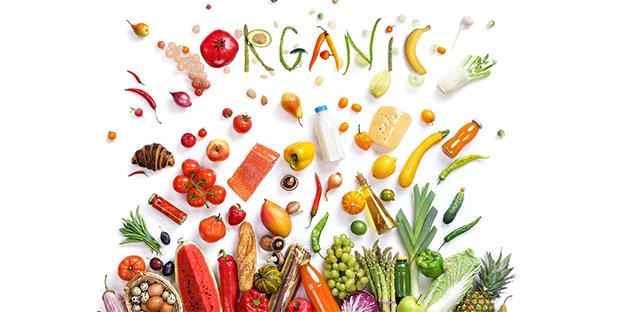 |
You’re Killing Your Asparagus if You Do This, 5 MISTAKES You Can’t Afford to Make Growing AsparagusWelcome to Belovedsaffron.com, where we are passionate about spices, herbs, recipes and organic eating! Here you will find a wide range of spices,.. |
 |
What I eat in a Day RESTAURANT VLOG!At Belovedsaffron.com, we are passionate about spices, herbs, recipes and organic eating. We are on a mission to bring you awareness about flavours.. |
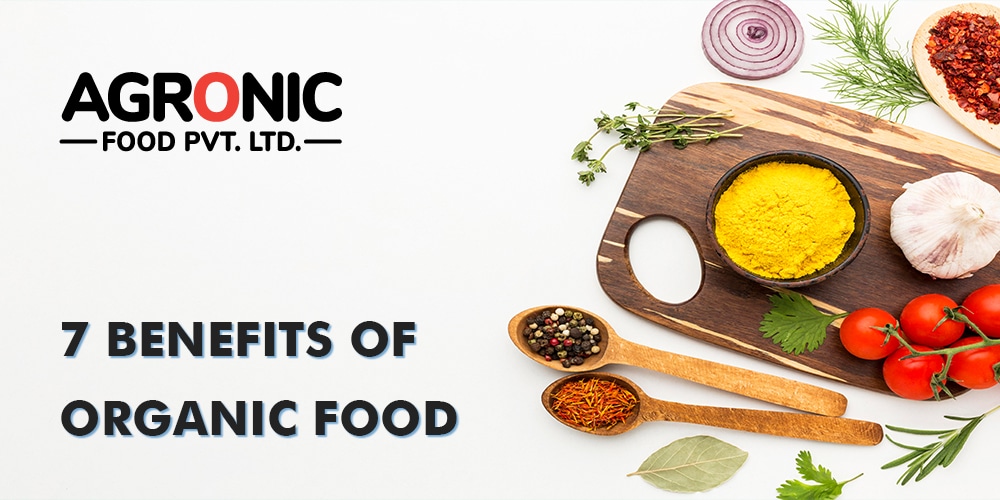 |
Nepali Organic Himalayan Village Food (Rice and Lentils ) | shepherd food | Shepherd Life |Rainy DayAt Belovedsaffron.com, we're passionate about flavours, cultures and cooking wisdom from around the world. We seek to bring you closer to sustainable |
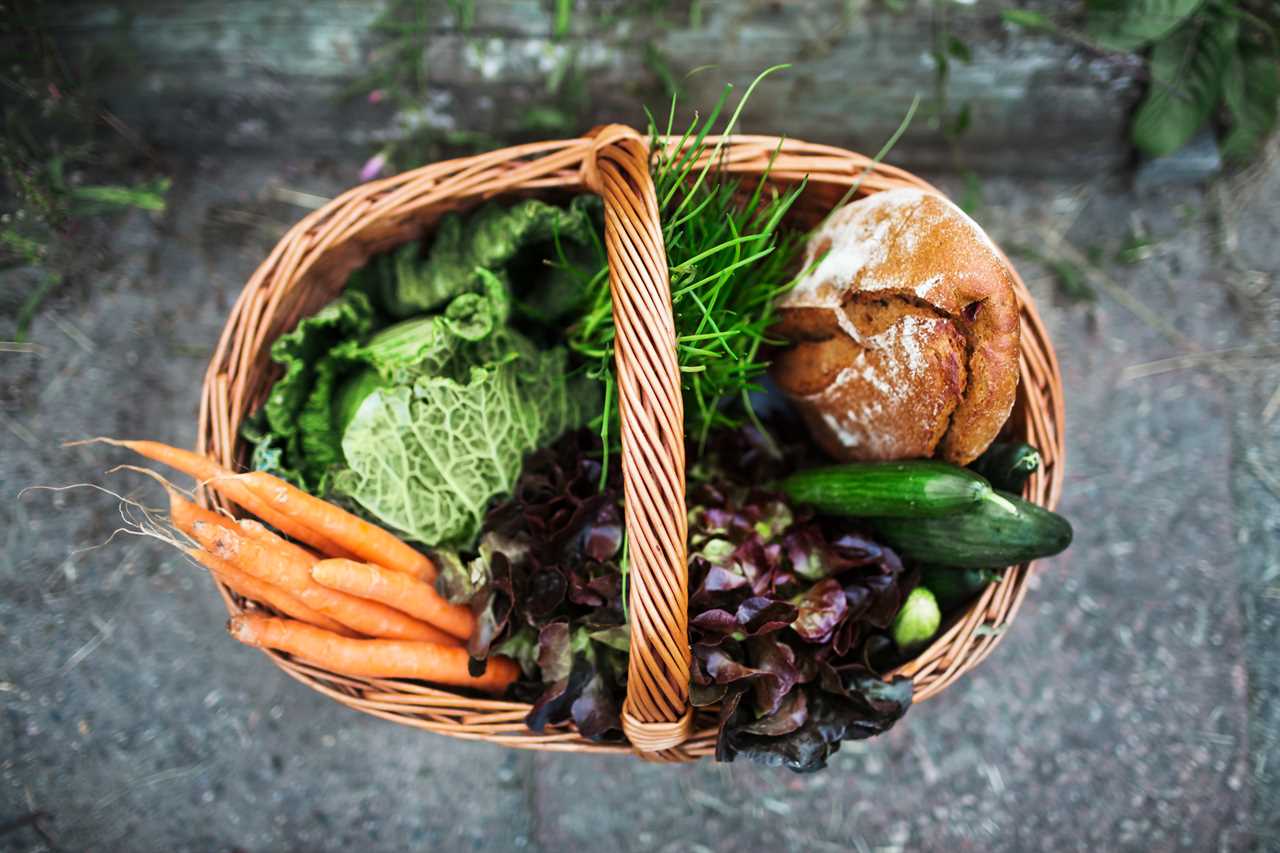 |
Planting trees and vegans, two very different farmers on food and farming with @GarethWynJonesAt Belovedsaffron.com, we are passionate about spices, herbs, good food and organic eating. Our mission is to bring awareness about the different.. |
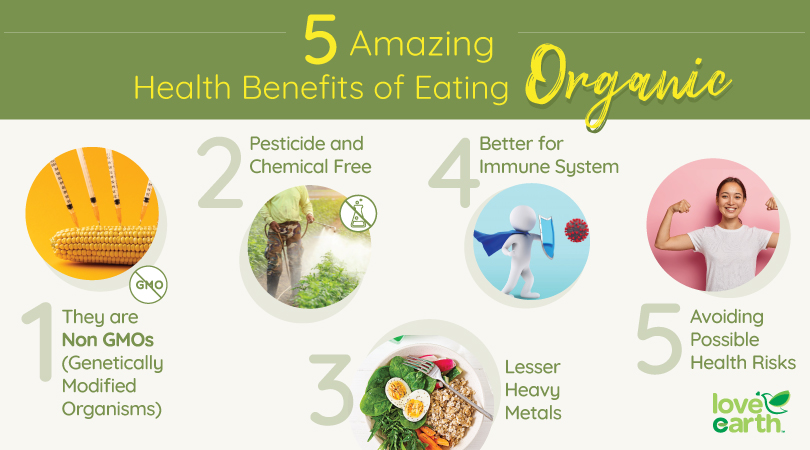 |
1 Food That Causes Insulin Resistance!Processed meats are high in sodium and nitrates, which can make it difficult for your body to process carbohydrates effectively. This can lead to health |
 |
Innovating our way into the future. A Summit for Entrepreneurs and Intrapreneurs.A powerful theme that speaks to the core of the nation. Solid speakers, not one of them will drop the ball. Shaping minds, promoting talents, pushing |
 |
All toxins will come out of your body! My grandfather''s old recipe!All toxins will come out of your body! My grandfather's old recipe! Ingredients: 2 Lemons 15 gr Ginger 1 piece garlic Honey as needed Subscribe my |
 |
The 3 Biggest FASTING MISTAKES & How to Do It CORRECTLY for Insane Benefits! | Dr. Mindy PelzDr. Mindy Pelz is a renowned holistic health expert and one of the leading voices in educating women about their bodies. She is on a mission to start a women’s |
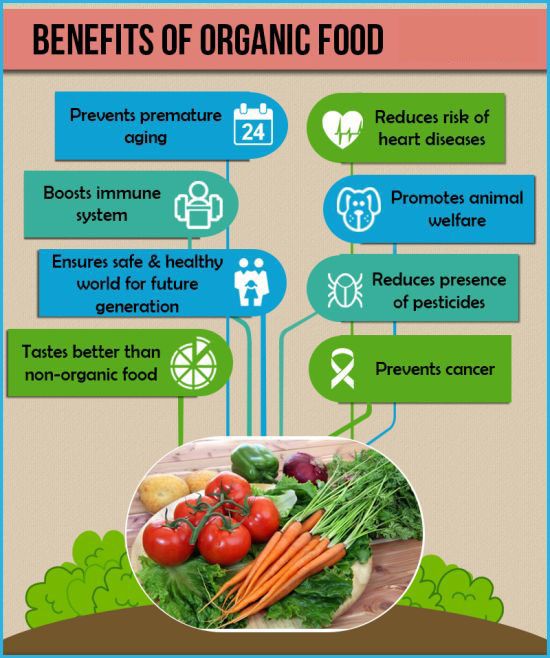 |
9 Hidden Benefits of Eating Pineapples DailyAre you curious about the health benefits of adding pineapples to your daily diet? In this informative video, we reveal the top nine hidden benefits of eating |
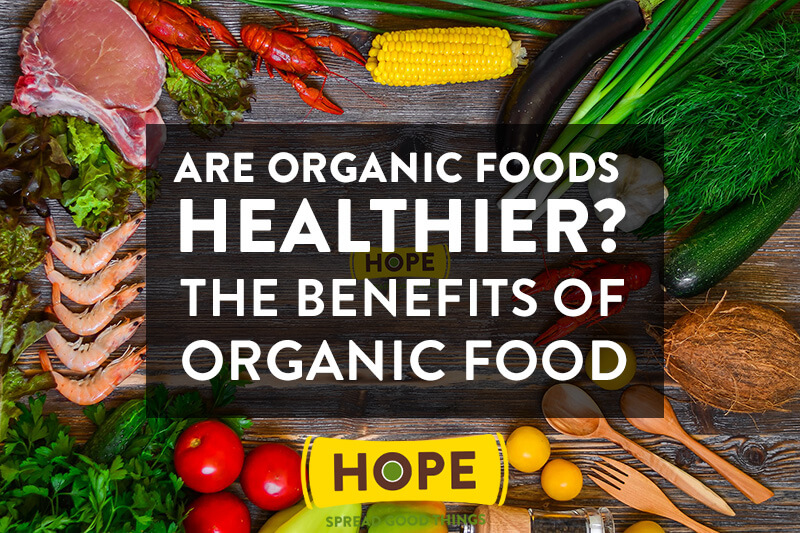 |
CO2 INJECTION FOR PLANTED TANKS - FULL TUTORIALWelcome to Belovedsaffron.com, where we embrace everything related to spices, herbs, nutritious food, and organic eating! We are not professional.. |
 |
First Look! Stock Market Earnings and the Stocks to Watch NOWFull Q1 Earnings Review and the Best Stocks to Buy Right NOW! Members’ only livestream and Q&A. If you aren’t able to be here live, ask any questions in the |
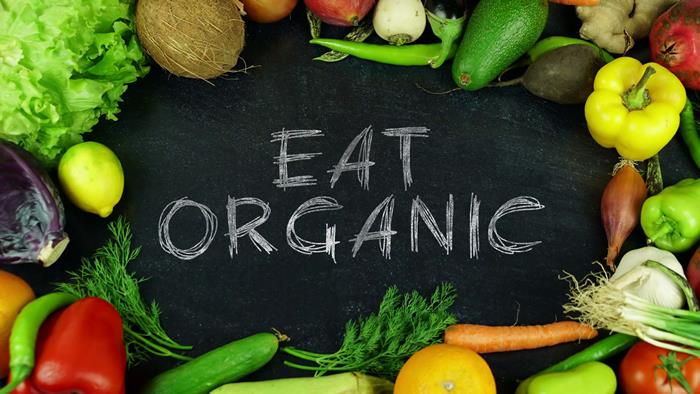 |
Organic eatingOrganic Cultur |
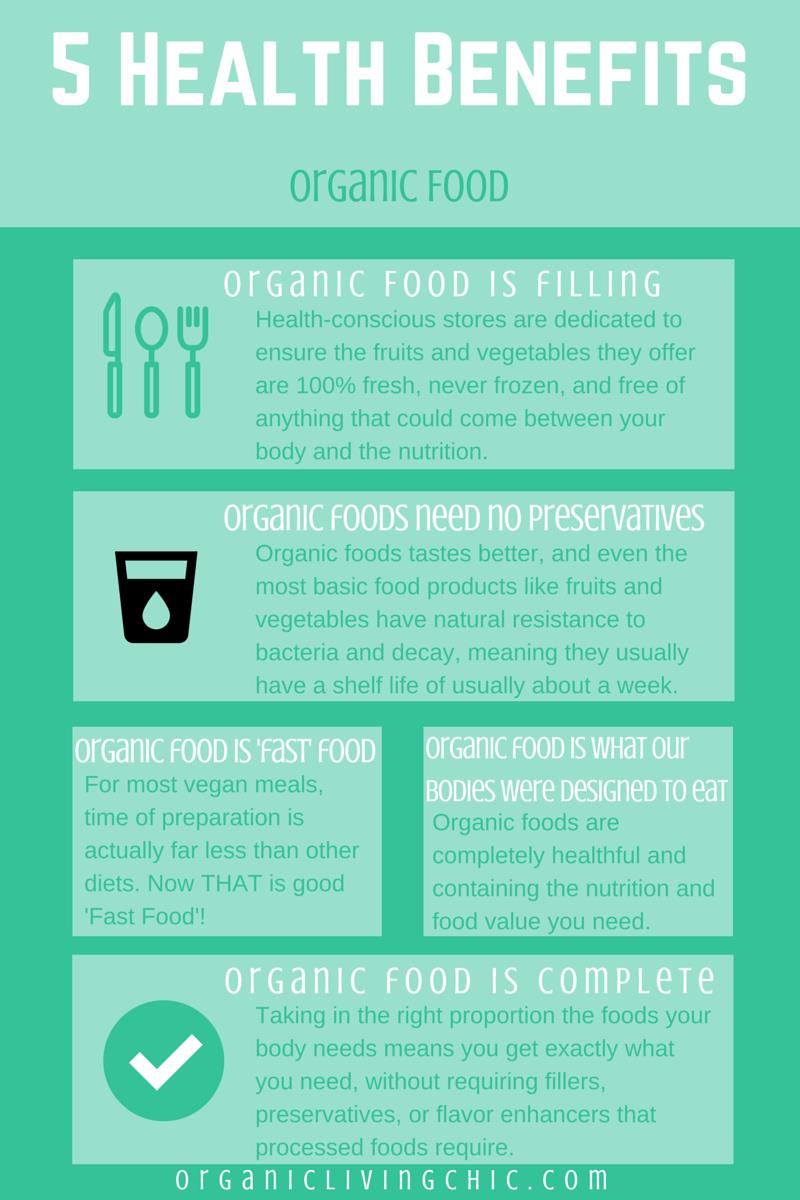 |
The 1 Fruit All Diabetics Should Be Eating, Study SaysEver heard of a fruit that actually lowers blood sugar instead of raising it? Well, here's one on offer for you. Nature's gift to help you peg your blood sugar |
 |
**THE LAST PART** What My Life Was Like Before My Diagnosis - Part 3 – Liver Disease & CirrhosisAt Belovedsaffron.com, we're passionate about flavours, cultures and cooking wisdom from around the world. We seek to bring you closer to sustainable |
 |
Aliens under the Ice – Life on Rogue PlanetsDiscover the wonders of global cuisine at Belovedsaffron.com! Our mission is to bring you spices, herbs and organic food from all over the world,.. |
 |
Magnesium: Why You Should Take ItIn this episode of "Talking with Docs," Dr. Zalzal and Dr. Weening delve into the importance of magnesium in our bodies and the benefits of taking magnesium |
 |
The 5 Keys to Soil Transformation with Matt PowersAt Belovedsaffron.com, we are dedicated to exploring the amazing world of spices and herbs, encouraging sustainable eating practices and sharing.. |
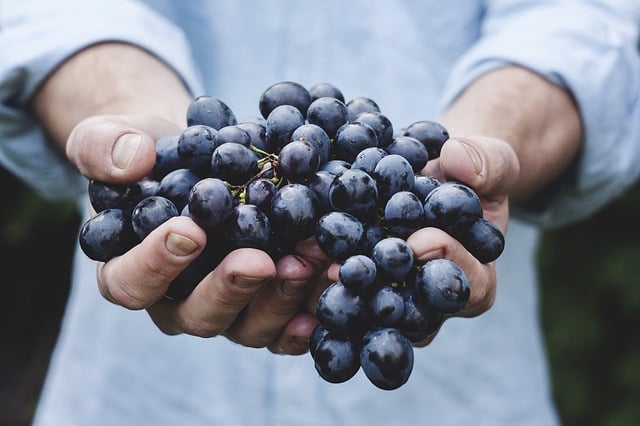 |
Using Fertilizer in the Vegetable GardenUsing fertilizer in the veggie garden- why, how, what & when? This video addresses some common questions about fertilizer, some basics about fertilizing |
 |
Full Day Of Eating | Starch Solution | Apple Cake & Cauliflower CurryAt Belovedsaffron.com, we are passionate about spices, herbs, recipes and organic eating. It is our mission to bring awareness of flavors from around |
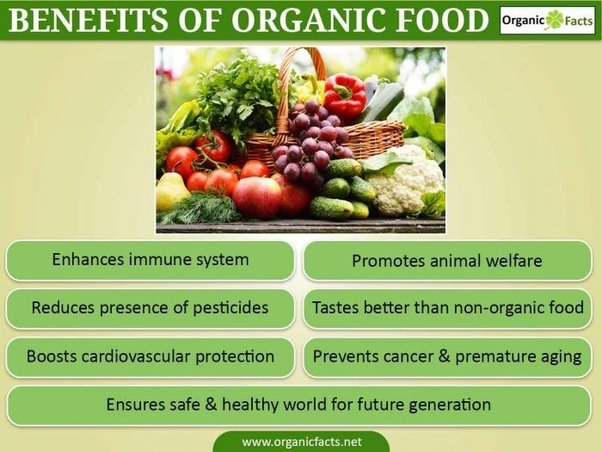 |
The Ultimate KabU Retreat Preparation EventAt Belovedsaffron.com, we are passionate about spices, herbs, recipes and organic eating and on a mission to bring you awareness about flavours from.. |
 |
Working technology in village || Organic village lifeAt Belovedsaffron.com, we are passionate about spices, herbs, recipes and organic eating and on a mission to bring you awareness about flavours from.. |
 |
A Carrot a Day Keeps the Doctor AwayCarrots can do more for your health than you might think. Learn more about the interesting benefits of carrots. The Anticancer Nutrient Researched over |
 |
OPENING THE RESTAURANT SOON | EATING ACKEE AND SALTFISHGenuinely embracing global flavours, BelovedSaffron.com invites food lovers and passionate chefs to explore a world of spices and herbs, organic food, |
 |
Is This the BEST Way to Garden in Difficult Climates?Welcome to BelovedSaffron.com, where we celebrate all the wonderful flavours of spices and herbs worldwide! We are not just chefs but food.. |
 |
Developer Of The Best Ever Organic Fertilizer Visits The Farm! Tips, Advice & Expertise GaloreAt Belovedsaffron.com, we are passionate about spices, herbs, good food and organic eating. Our mission is to bring awareness about the different.. |
 |
Cooking delicious curry by mother || Village life || Organic lifeAt Belovedsaffron.com, we believe that the key to good food and healthy eating is the proper use of spices, herbs, and other fresh ingredients. We.. |
 |
90% People Eat GARBAGE | 5 Signs your Food is ADULTERATED | SHLLOKAAt Belovedsaffron.com, we're passionate about flavours, cultures and cooking wisdom from around the world. We seek to bring you closer to sustainable |
 |
The Latest Research on Organic | The Organic CenterResearched articles about eating Organic food |
.png)





